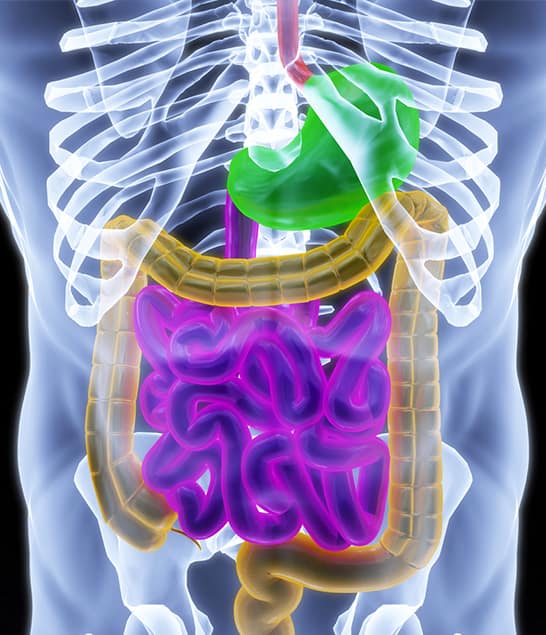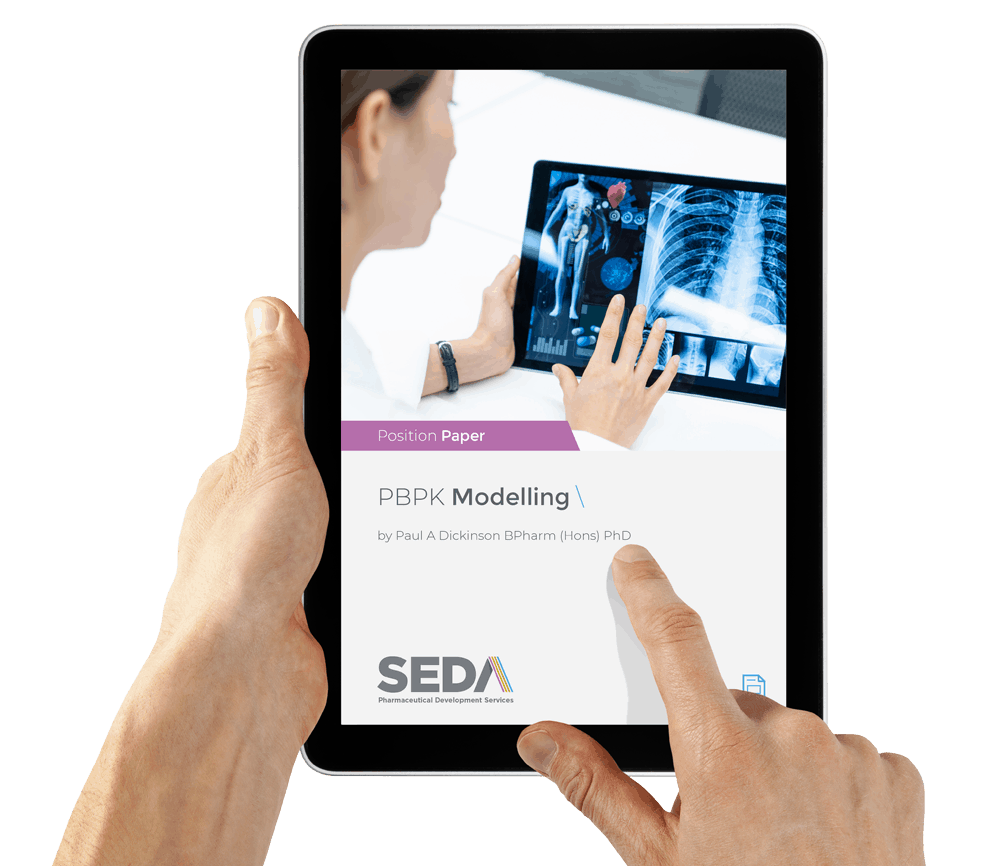Understanding what the concentration of a compound in the body is and how the concentration varies with time (pharmacokinetics) is an essential foundation of modern drug discovery and development. Taking this further and developing an understanding of how these concentrations are driving in vivo effects (biomarkers/efficacy/toxicity) and the time that these concentrations need to be maintained for a positive outcome starts to allow rational decisions to be made about the dose and pharmacokinetics (PK) profile required in patients. These are the fundamentals of PKPD modelling. This allows a drug developer to answer questions such as:
- Do I understand my compound’s in vivo activity? If not, what are the sources uncertainty and how does this affect my development strategy?
- What PK profile do I require?
- What is my likely therapeutic margin?
- What is the best dosing regimen?
- What are the optimal (and most cost efficient) designs for my in vivo efficacy studies?
As a compound progresses into safety testing and especially clinical development there are strong regulatory, and publication needs to describe the pharmacokinetics of a compound. This is initially via non-compartmental analysis (NCA) which is used to establish descriptive statics of the compound’s human pharmacokinetics and provide insight on its performance (for instance does exposure increase proportionally with dose and are the pharmacokinetics time independent?). Focused absorption modelling can build understanding of the properties that effect drug exposure and inform formulation strategies. Alongside NCA characterisation of PK, translational PKPD (pharmacodynamics) modelling can be performed to place emerging clinical data into context with preclinical data, understand potential sources of variability and uncertainty, and guide clinical investment decisions.
As clinical development progresses Population PK and Population PKPD modelling becomes increasingly important to:
- Identify and describe relationships between a subject’s physiologic characteristics (such as age, weight, gender, ethnicity) and exposure or response (safety / efficacy)
- Aid clinical trial design
- Select an optimal dose / schedule that maximises efficacy and minimises safety concerns for future studies
This analysis will be a key part of the argument justifying the choice of Phase 3 and Commercial dose to Regulatory Authorities while also allowing sponsors to understand if different doses are required for different sub-populations.
In later development an area of modelling that is becoming more important is physiologically based pharmacokinetic (PBPK) analyses for biopharmaceutics. Regulators, especially USA FDA, are promoting PBPK as a tool to focus on drug product quality attributes and a mechanistic understanding of their interaction with physiology to affect in vivo drug performance resulting in the definition of critical attributes of the drug product, manufacturing process and input materials. The application of PBPK analyses for biopharmaceutics is considered an important tool to support the more frequent development of clinically relevant drug product specifications
| PBPK and allometric scaling |
|---|
|
| Absorption Modelling |
|---|
|
| Preclinical PKPD |
|---|
|
| Clinical/Population PKPD |
|
| Translational PKPD |
|
| NCA |
|---|
|
Why choose Seda?
Seda’s team of experts has many years of experience of all forms of pharmacokinetic modelling across large pharma and biotech and across late discovery to launch. Seda’s focus is on modelling in real time (rather than a retrospective justification) to aid clear, objective, and decisive decision making. Our PKPD modellers are particularly experienced in the Oncology Therapeutic area. The unique combination of biopharmaceutics, clinical pharmacology and dissolution expertise that resides in Seda alongside our modellers means we are well placed to support PBPK analyses for biopharmaceutics.

